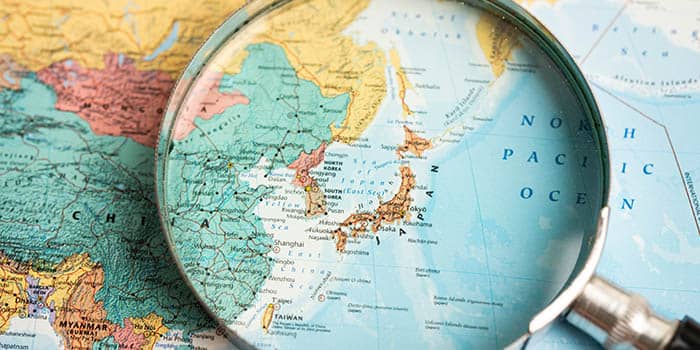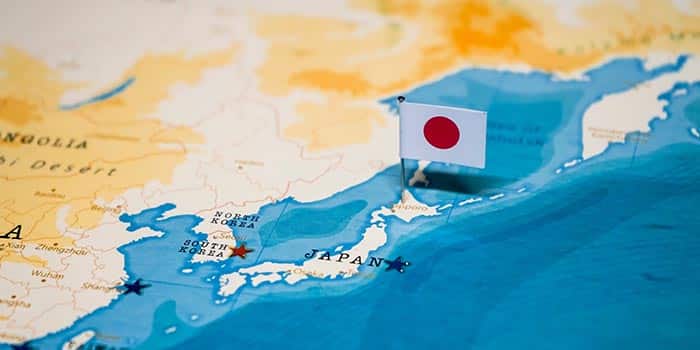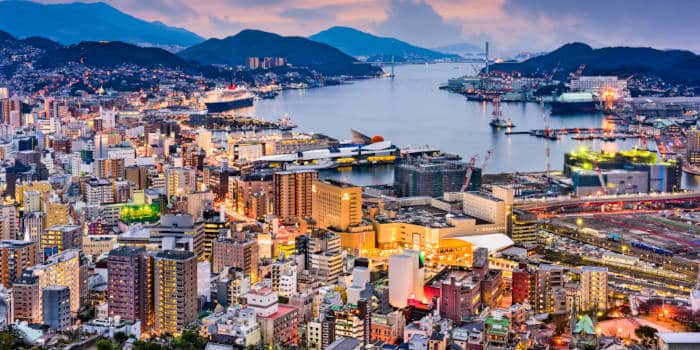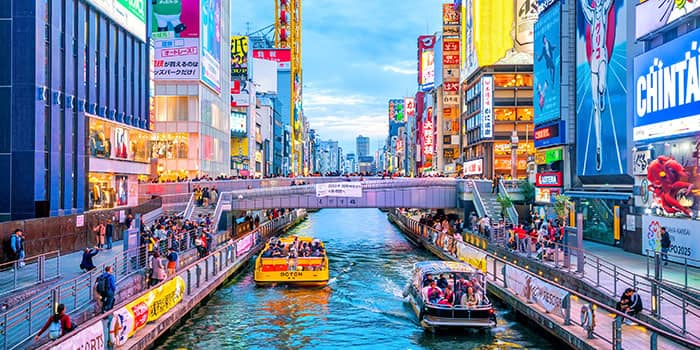- Casino
- By State
- Alabama
- Alaska
- Arizona
- Arkansas
- California
- Colorado
- Connecticut
- Delaware
- Georgia
- Florida
- Hawaii
- Idaho
- Illinois
- Indiana
- Iowa
- Kansas
- Kentucky
- Louisiana
- Maine
- Massachusetts
- Maryland
- Michigan
- Minnesota
- Mississippi
- Missouri
- Montana
- Nebraska
- Nevada
- New Hampshire
- New Jersey
- New Mexico
- New York
- North Carolina
- North Dakota
- Ohio
- Oklahoma
- Oregon
- Pennsylvania
- Rhode Island
- South Carolina
- South Dakota
- Tennessee
- Texas
- Utah
- Vermont
- Virginia
- Washington
- West Virginia
- Wisconsin
- Wyoming
- By State
- Slots
- Poker
- Sports
- Esports
Japan Bidding on Integrated Resorts for Economic Recovery

With the global coronavirus pandemic disrupting communications between overseas investors and local companies, the bidding for the Integrated Resorts project has become more difficult. Yet, Japan sees the successful completion of the first IR as a stepping-stone for the country’s economic recovery post COVID-19.
Japan’s Recovery Depends on Integrated Resorts
With the Summer Olympics postponed to 2021, Japan is just as affected by the COVID-19 pandemic as most other countries in the world. Scuppering immediate economic plans, the outbreak has been an opportunity for leaders, including in Japan, to work out long-term solutions and look into the future for answers.
One such answer is the Integrated Resort projects arriving to Japan, the first of which is due to open doors in 2025, valued at $14 billion in initial investment, boosting the country’s economy by a fair margin.
According to Bay City Ventures managing director Joji Kokuryo Japan won’t miss to focus on its ambitious IR plans to guarantee its post-COVID-19 economic recovery. The country has been determined to see the IR project through since 2016 when the government of Japanese Prime Minister Shinzo Abe gave an official go-ahead to begin the long process of introducing casino resorts to the country.
The project, Kokuryo argued was connected to “important recovery elements,” he said in an interview with leading regional industry media GGRAsia. Integrated Resorts are expected to boost local economies as well as occasion regional development and help tourism get back on its feet.
Is the Deadline on the Present Request-for-Proposal Realistic?
Japan IR Association representative director Ayako Nakayama has expressed some concerns that the application process might need some revision. Granting rights to begin construction should come in 2021, but Nakayama and other officials now fear that this deadline may not be too realistic.
Yet, the Association still shows confidence. Speaking to GGRAsia, Nakayama said that the pandemic has prompted regional cities to either expedite their process or decide whether they can support a bid so early on.
Admittedly, there have been extenuating circumstances, not only to the feasibility of the overall project in the specified timeframe, but also in communication between interested overseas parties and local officials and potential partners.
With travel restrictions in place, partners from abroad haven’t been able to visit in person or communicate as effectively, or even seek the establishment of consortiums with local partners who would be interested to see the project through.
Overseas Investment Appetite Whetted
With investors suffering a blow to their cash flow and liquidity, Kokuryo has raised concerns whether they would be able to raise the money to meet the investment bare minimum which amounts to at least $10 billion.
Not least, he expressed concerns that the tight application period may not provide investors with sufficient time to fully appreciate and understand the needs of the local market, leading to complications later on.
Winning an RFP process on a tight schedule will be difficult enough, and besides, the government doesn’t have to pick a bid if it fails to satisfy its expectations for economic windfall. Investors will definitely feel more pressure to allocated the necessary money, too.
In fact, Sheldon Adelson’s Las Vegas Sands pulled out of the bidding process citing the lack of certainty whether the company can muster the capital and expertise to draft a project in the next seven months. In a word, there are too many unknowns to the upcoming project and some brands have decided to take a raincheck, possibly targeting a later date of entry into the country.
Another reason has been the lack of fixed tax rates. Right now, tax rates are set at 30%, but this is not carved in stone and may be subject to changes. All of this combined could prompt other prominent investors to pull out of the bid, narrowing down the pool of investors.
Related Topics:
Mike made his mark on the industry at a young age, consulting for companies that would later become regulators. As one of the lead editor of Gambling News, he dedicates his weekdays to this project, aiming to educate the masses on the latest developments in the gambling circuit. His expertise and passion for the industry make him an invaluable asset to our team.
Must Read
Casino
June 30, 2025
Man Admits to Laundering Cocaine Money Through Casinos
More Articles





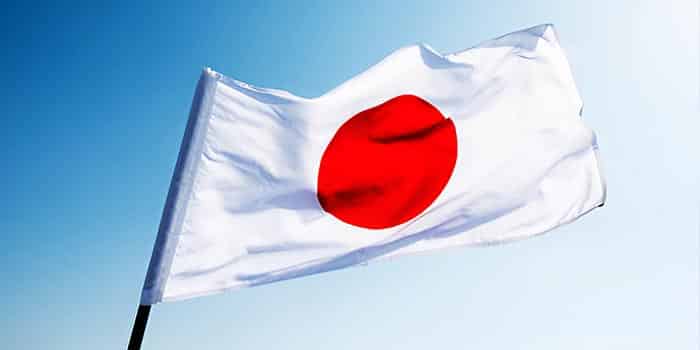
Casino
June 26, 2025
Japan Signals New Expansion Phase for Casino Resorts
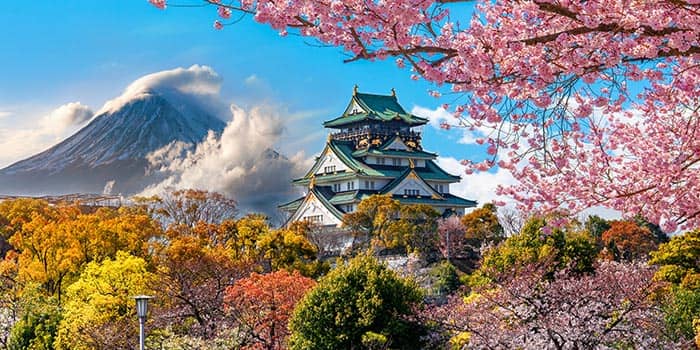
Casino
June 18, 2025
Japan Bans Online Casino Ads Targeting Local Users

Casino
June 6, 2025
Japan Arrests 9 People Tied to $629M Gambling Ring
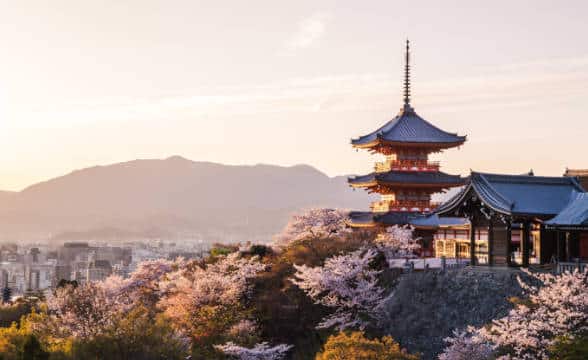
Industry
June 3, 2025
Japan Moves to Ban Online Casino Sites
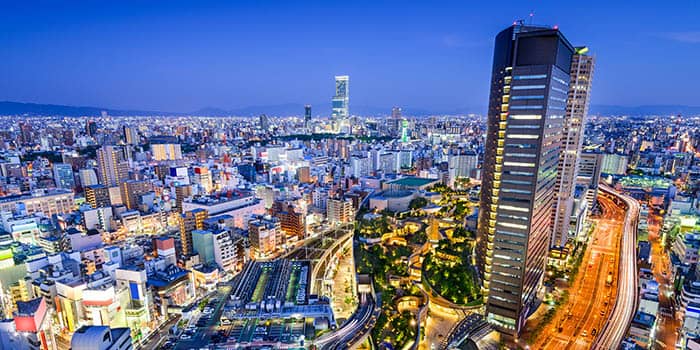
Casino
April 24, 2025
MGM Osaka Held Its Groundbreaking Ceremony


